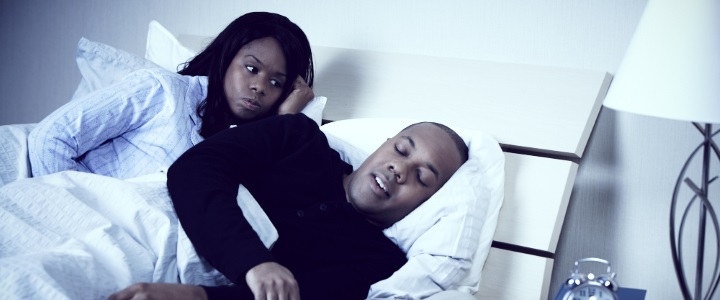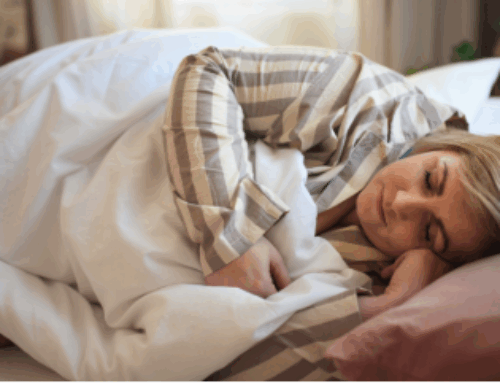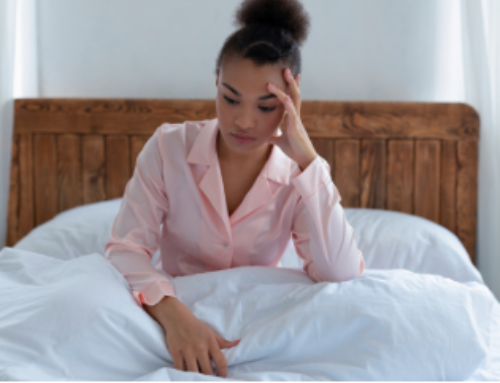The National Healthy Sleep Awareness Project is sounding the alarm that snoring is a warning sign for obstructive sleep apnea. If you or your bed partner snores, pledge to stop the snore and talk to a doctor about sleep apnea.
Like a fire alarm, snoring is a warning of danger that demands your attention. Sleep apnea is a potentially life-threatening disease involving episodes of complete or partial airway obstruction during sleep. Across the U.S. the problem of sleep apnea is growing.
“Research shows that the number of sleep apnea sufferers continues to increase,” said American Academy of Sleep Medicine President Dr. Timothy Morgenthaler. “The disease afflicts at least 25 million American adults, and most of them remain untreated.”
The Healthy Sleep Project involves a partnership between the AASM, Centers for Disease Control and Prevention, Sleep Research Society, and others. The objective: to improve public health by promoting healthy sleep. One of the greatest threats to your sleep health is obstructive sleep apnea.
Untreated sleep apnea increases your risk of health problems such as heart disease, high blood pressure, Type 2 diabetes and depression. It also increases your risk of death.
“Obstructive sleep apnea is a chronic disease that has a negative impact on the health and well-being of millions of people in the U.S.,” said Janet B. Croft, PhD, senior chronic disease epidemiologist in CDC’s Division of Population Health. “It is important to discuss the warning signs for sleep apnea with your doctor to determine if you are at risk.”
What are the warning signs for sleep apnea? The most common symptom is snoring, which is usually detected by a bed partner. Also be on the alert for silent breathing pauses followed by choking or gasping sounds during sleep.
Another warning sign for sleep apnea is fatigue or daytime sleepiness. Sleep apnea repeatedly disrupts your sleep. This can cause you to feel tired and unrefreshed even after a full night of sleep.
Everyone who is obese has a high risk of sleep apnea. Obstructive sleep apnea also is common in people who have high blood pressure.
Talking to a doctor about sleep apnea is the first step to get help for your health. Your doctor will review the warning signs for sleep apnea and determine if you are at risk.
If your doctor suspects that you have sleep apnea, then you will need an in-lab sleep study or home sleep apnea test. A board certified sleep medicine physician will interpret the results and make a diagnosis. The sleep specialist also will develop a treatment plan that is right for you.
Begin to get help for your health or the health of your bed partner by making the pledge to stop the snore. Talk to a doctor about sleep apnea and contact an AASM accredited sleep center near you.
Stop the Snore to start down the path to better health!





